
Robert Robert Livingston was an American lawyer, politician, and diplomat from New York, as well as a Founding Father of the United States. He was known as "The Chancellor" after the high New York state legal office he held for 25 years. He was a member of the Committee of Five that drafted the Declaration of Independence, along with Thomas Jefferson, Benjamin Franklin, John Adams, and Roger Sherman. Livingston administered the oath of office to George Washington when he assumed the presidency April 30, 1789. Livingston was also elected as a member of the American Philosophical Society in 1801.

Robert Livingston the Elder was a Scottish-born merchant and government official in the Province of New York. He was granted a patent to 160,000 acres of land along the Hudson River, becoming the first lord of Livingston Manor.
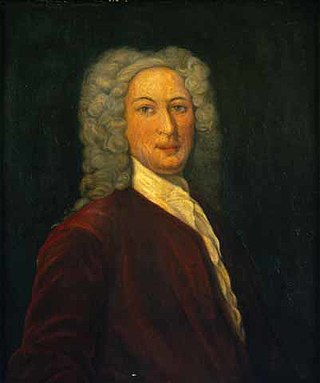
Philip Livingston was an American merchant, slave trader and politician in colonial New York. The son of Robert Livingston the Elder and elder brother of Robert of Clermont, Philip was the second lord of Livingston Manor.

Robert Robert Livingston, also called The Judge, was a prominent colonial American politician, and a leading Whig in New York in the years leading up to the American Revolution.

Robert Barnhill Roosevelt, also known as Robert Barnwell Roosevelt, was a sportsman, author, and politician who served as a United States representative from New York (1871–1873) and as Minister to the Hague (1888–1889). He was also a member of the Roosevelt family and an uncle of US President Theodore Roosevelt.
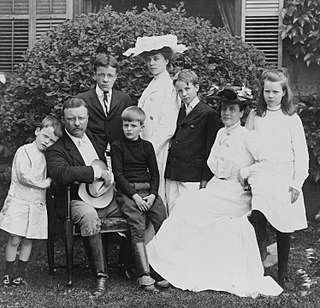
The Roosevelt family is an American political family from New York whose members have included two United States presidents, a First Lady, and various merchants, bankers, politicians, inventors, clergymen, artists, and socialites. The progeny of a mid-17th century Dutch immigrant to New Amsterdam, many members of the family became nationally prominent in New York State & City politics and business and intermarried with prominent colonial families. Two distantly related branches of the family from Oyster Bay and Hyde Park, New York, rose to global political prominence with the presidencies of Theodore Roosevelt (1901–1909) and his fifth cousin Franklin D. Roosevelt (1933–1945), whose wife, First Lady Eleanor Roosevelt, was Theodore's niece. The Roosevelt family is one of four families to have produced two presidents of the United States by the same surname; the others were the Adams, Bush, and Harrison families.

Edward Philip Livingston was an American politician.
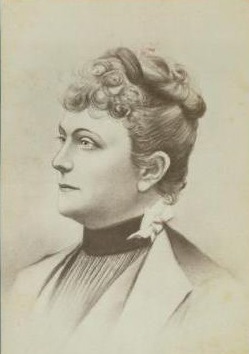
Anna Livingston Reade Morton was the second wife of United States Vice President Levi P. Morton and the second lady of the United States from 1889 to 1893. She was known as Anna Street Morton.

The Livingston family of New York is a prominent family that migrated from Scotland to the Dutch Republic, and then to the Province of New York in the 17th century. Descended from the 4th Lord Livingston, its members included signers of the United States Declaration of Independence and the United States Constitution. Several members were Lords of Livingston Manor and Clermont Manor, located along the Hudson River in 18th-century eastern New York.

Herbert Livingston Satterlee was an American lawyer, writer, and businessman who served as the Assistant Secretary of the Navy from 1908 to 1909.
Montgomery Schuyler AIA, was a highly influential critic, journalist and editorial writer in New York City who wrote about and influenced art, literature, music and architecture during the city's "Gilded Age." He was active as a journalist for over forty years but is principally noted as a highly influential architecture critic, and advocate of modern designs and defender of the skyscraper.
Dr. Robert Livingston Schuyler was a prominent scholar of early American history and British history of the same time period. He was an educator and an editor. He spent most of his academic career at Columbia University.
Grenville Temple Emmet was an American attorney and diplomat. He practiced law with Franklin D. Roosevelt and served as United States Ambassador to the Netherlands and Austria.
Alida van Rensselaer Livingston was a Dutch businessperson in Dutch Colonial America who exerted a considerable influence in the life of the colony.
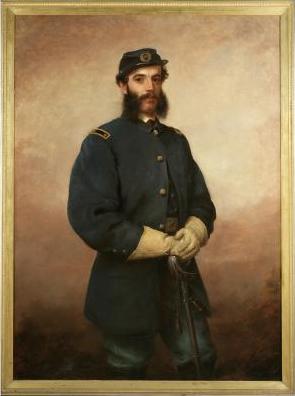
Philip George Schuyler was a soldier, clubman, philanthropist, and prominent member of New York Society during the Gilded Age. Schuyler was a descendant of both the Hamilton and Schuyler families, the latter of which he was the de facto head during his adulthood.
Johannes Van Rensselaer was a member of the prominent colonial Van Rensselaer family.
John Henry Livingston was an American lawyer, proprietor of Clermont Manor, and prominent member of the Livingston family of New York.
John Busteed Ireland was an American lawyer, writer, and landowner.
Lt.-Col. Hubertus "Gilbert" Livingston was a younger son of Robert Livingston the Elder who was a lawyer and politician in colonial New York.
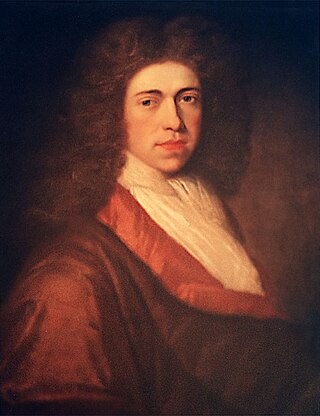
Col. Hendrick "Henry" Beekman JP, was a colonial American judge and politician.













